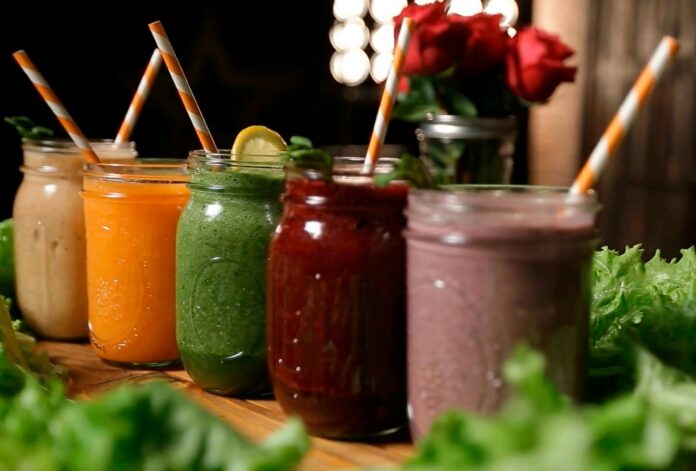Juice cleanses have gained popularity as a quick fix for weight loss and detoxifying the body. However, amidst the buzz, there are also concerns raised by experts regarding their safety and effectiveness. So, what are the potential benefits, and what risks are involved? Let’s get juicy.
Potential Benefits
Fruit and vegetable juices are packed with essential nutrients, making them a valuable addition to a balanced diet. Juice cleanse advocates argue that consuming only juices for a set period can help cleanse the body and yield various health benefits such as improved digestion, increased energy levels, and weight loss. However, while anecdotal evidence points to desired outcomes for some, research on the positive impact of juice cleanses remains limited.
Health Risks
Despite the perceived benefits, juice cleanses come with inherent risks. Consuming only liquid for an extended period can lead to nutritional deficiencies, particularly in essential nutrients like protein and fiber. Long-term juice cleanses have also been linked to serious health complications and eating disorders. Additionally, there is concern among experts regarding the impact of juice cleanses on kidney function.
The Bottom Line
While juice cleanses may offer short-term benefits, they are not without risks. The lack of scientific evidence supporting their effectiveness, coupled with potential health hazards, raises questions about their overall safety. Before embarking on a juice cleanse, it’s important to consult with a healthcare professional. One thing’s for sure: A balanced diet, rich in whole foods, remains the preferred recommendation for optimal wellness and long-term weight loss.















